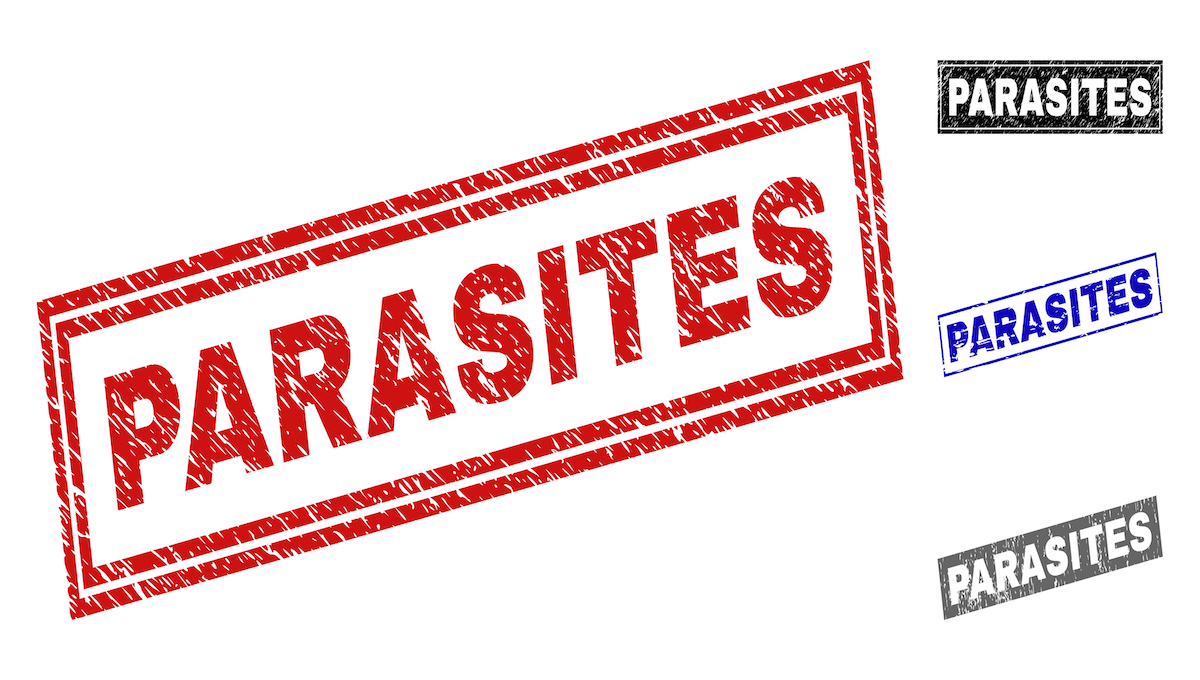Researchers have increased knowledge of the lifecycle of some parasites by studying snails in Thailand. These parasites can cause severe infections in humans who consume raw or improperly cooked fish that have fed on infected
Continue Reading Scientists study role of snails in parasites that pose public health threat

